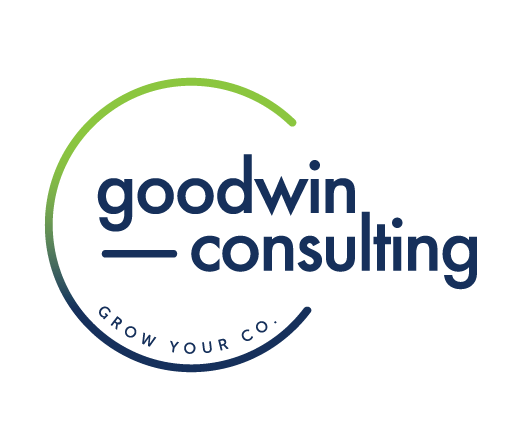The internet is a powerful tool for connectivity and learning—but we all know there’s a dark side to the World Wide Web. With everyone publicly sharing information and airing grievances, sifting fact from fiction can be a daunting task.
When it comes to media relations, businesses are hard-pressed to stay on top of the myriad “citizen journalists” writing reviews, posting unboxing videos, and commenting with complaints. For better or worse, a single statement can take on a life of its own, influencing thousands of potential customers to embrace or reject your brand.
You can’t control what people say. But you can neutralize negative posts before they go viral and diffuse serious situations before they permanently damage your company’s reputation.
Citizen Journalism: Fact or Fiction?
Today’s consumers can be more influential than even the most grandiose marketing campaign. A single social media post has the potential to launch an unstoppable chain of events before you even discover the post.
Here are two real-life examples:
The owner of a manufacturing company learned from a Facebook post that his plant was on fire. A plant employee had posted the emergency on Facebook even before the fire department had been called! That one post necessitated countless calls to the manufacturer’s customers to assure them that the plant was still operational and their orders would be fulfilled.
In another instance, a mommy blogger with more than 17,000 Facebook followers publicly accused a health club’s tennis coach of making inappropriate remarks to her 10-year-old daughter. Such serious allegations certainly warrant a thorough investigation. However, before the club or an outside investigator could even get involved, the blogger posted a scathing commentary about the club and its instructors.
Although the allegation was eventually proven false, the damage was done. The club lost a significant number of members, and the instructor suffered needless damage to a previously unblemished reputation from these untrue accusations.
The saddest part was that the public never even questioned the mommy blogger’s veracity. They immediately jumped on the bandwagon agreeing with her version of the facts. While we successfully got the blogger’s post removed, even the strongest crisis management approach couldn’t undo the reputational harm her commentary caused.
Stop the Spiral
Influential content creators can help companies grow exponentially or send them down a frightening spiral toward collapse.
Glassdoor is a common source of unwarranted negativity about companies. Because Glassdoor reviews are anonymous, current and former employees can say just about anything—true or false—and significantly impact that company’s ability to recruit new talent.
Are there companies whose bad behavior warrants negative feedback? Absolutely. But the blowback from unfounded, untrue statements must be stopped in its tracks.
The best way to do this? Respond.
You need someone on your team (or several “someones,” if your company is large enough) to take responsibility for seeking out posts that mention your company. Next, you need a trustworthy, media relations-savvy team member to respond. A thoughtfully crafted response is often all that’s required to soothe an upset customer and stop the spiral before it starts.
Think about your own experiences:
- What do you hope to accomplish when you post a review or complaint?
- Could the company have done something differently to prevent the issue from occurring in the first place?
- When a company responds to you online, what helps you feel seen and heard?
- What kind of response makes you feel dismissed and devalued?
Use these insights to help you craft a crisis management plan of action for your team when they’re faced with negativity online.
The Internet Is Made for Engagement
Would you ever approach a group of strangers at a cocktail party, make a bold statement, then disappear back into the crowd?
Of course not! Because you know what will happen next. The strangers you just spoke to will talk about you behind your back. Their conversation may be innocuous, or it could be highly damaging. The point is: you won’t know. And because you’ve withdrawn from the conversation, you won’t be able to answer questions, alleviate concerns, or address inaccurate assumptions.
The internet works much the same way. The worst thing a company can do is post something online and then walk away. Learn to treat your internet audience with the same care and respect you provide in person. Even if you can’t eliminate negative commentary entirely, your actions will demonstrate to others that your team is aware, present, cares, and that your company is listening and responding to feedback.
Are you ready to put your own crisis management plan in place? Send me a message, and we’ll get started!

